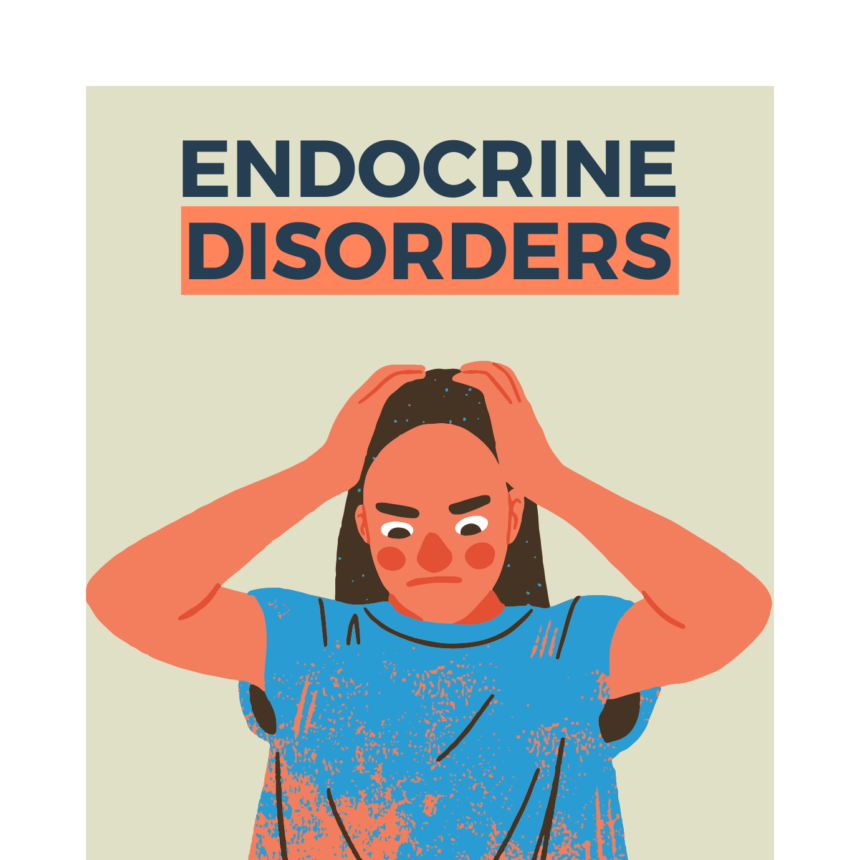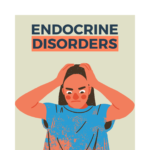Hormone Replacement Therapy (HRT) is a medical treatment that involves supplementing or replacing hormones in the body, typically estrogen and progesterone in women and testosterone in men. HRT is used to alleviate symptoms of hormone deficiency, most commonly associated with menopause in women and andropause in men. In this article, we will explore the benefits and risks associated with HRT.
Benefits of Hormone Replacement Therapy:
- Symptom Relief: The primary reason for using HRT is to alleviate the symptoms of hormone deficiency. In women, this includes hot flashes, night sweats, mood swings, and vaginal dryness associated with menopause. In men, HRT can help with symptoms like fatigue, reduced muscle mass, and mood changes.
- Bone Health: HRT can help maintain bone density and reduce the risk of osteoporosis, a condition characterized by brittle and fragile bones. This is particularly important for postmenopausal women who are at increased risk of fractures.
- Heart Health: Some studies suggest that HRT might have a positive impact on heart health by reducing the risk of heart disease. Estrogen is believed to have a protective effect on the cardiovascular system.
- Improved Skin and Hair: HRT can improve skin elasticity and hydration, reduce wrinkles, and promote thicker hair growth.
Risks and Considerations:
- Breast Cancer Risk: One of the most significant concerns associated with HRT is an increased risk of breast cancer, especially when estrogen and progestin are combined. The risk appears to be higher with long-term use.
- Blood Clots: HRT, especially oral forms, can increase the risk of blood clots, which can be dangerous if they travel to the lungs (pulmonary embolism) or brain (stroke).
- Cardiovascular Risks: While some studies suggest heart benefits, others indicate potential cardiovascular risks, particularly when HRT is initiated in older women or those with preexisting heart conditions.
- Endometrial Cancer: Women who have not had a hysterectomy and are taking estrogen alone (without progestin) are at an increased risk of developing endometrial cancer.
- Stroke: The risk of stroke may be elevated, especially in older women.
- Gallbladder Disease: HRT can increase the risk of gallbladder disease, which may require surgery to remove the gallbladder.
- Mood Changes: Some individuals may experience mood swings or changes in mood as a side effect of HRT.
Individualized Approach:
The decision to use HRT should be individualized, taking into account the specific symptoms, medical history, and risk factors of each person. Before starting HRT, it’s essential to discuss the potential benefits and risks with a healthcare provider. If HRT is prescribed, regular follow-up appointments are crucial to monitor its effects and adjust the treatment plan as needed.
In conclusion, Hormone Replacement Therapy can provide relief from the symptoms of hormone deficiency and offer certain health benefits. However, it also carries risks, particularly when used long-term. Anyone considering HRT should have a thorough discussion with a healthcare provider to weigh the pros and cons and make an informed decision about treatment.



